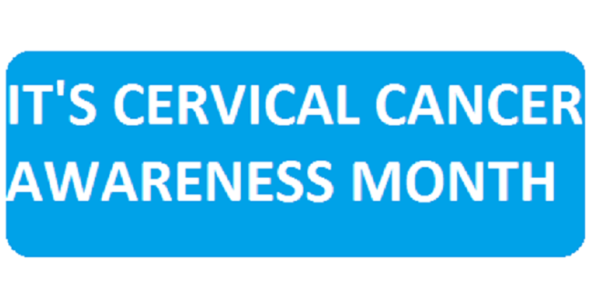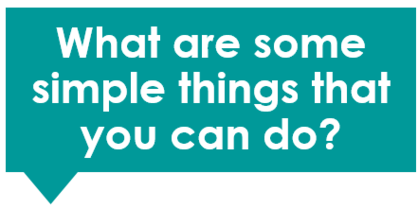Educate parents and clinicians on the benefits of HPV vaccination
HPV is so common that nearly all men and women get it at some point in their lives. CDC resources are available to assist in the educating parents on the burden of disease associated with HPV and the benefits of vaccination.
-
Share CDC's HPV Iceberg Infographic with clinicians to educate them on burden of disease caused by HPV and the benefits of HPV vaccination,
Order CDC materials for printing. Educational resources available for printing include:
Recommend HPV vaccine for all preteens
CDC recommends all girls and boys who are 11 or 12 years old get two doses of HPV vaccine. The vaccination series can be started at age 9 years. Your recommendation is the number one reason parents decide to get HPV vaccine for their child. Recommend HPV vaccine the same way and same day you recommend the Tdap and meningococcal conjugate vaccines.
Ensure consistent messages about HPV vaccination importance
Get your whole office or organization involved in HPV cancer prevention through communicating effectively with parents and partners about HPV vaccination and implementing systems to ensure all preteens are vaccinated.

Here are additional resources to help educate clinicians and their staff about the importance of HPV vaccination as cancer prevention and how to make effective vaccine recommendations.
-
Check out AAP’s HPV Champion Toolkit to help you educate other healthcare professionals, discuss HPV vaccination with parents, make necessary changes in your practice to improve HPV vaccination rates.
Download the new app from American Academy of Pediatrics, Academic Pediatric Association, and Kognito. The HPV Vaccine: Same Way, Same Day™ app is a brief, interactive role-play simulation designed to enhance healthcare professionals’ ability to introduce the HPV vaccine and address parents’ concerns. You can download the app on the Google Play Store or the Apple iTunes Store.

CDC Grand Rounds
"Cervical Cancer Control in the 21st Century"
Tuesday, January 15, 2019 1-2 p.m. (EST)
Each year more than 4,000 U.S. women die from cervical cancer, the 4th most common cancer in women worldwide. Over 90% of cases of cervical cancer are associated with human papillomavirus (HPV) and the risk of cancer varies among the different HPV strains. Fortunately, cervical cancer can be prevented through HPV vaccination and screening, which include Papanicolaou (Pap) and HPV DNA tests. These tests detect abnormal cells before they become cancerous (precancers).
Topics include:
“Cervical Cancer Control in the 21st Century
“HPV Vaccines Are Key to Preventing Future Cervical Cancer”
“Novel Tools for Screening in High- and Low-Resource Settings”
“Local Perspective: The Challenges of Cervical Cancer Prevention in Border Counties”
Objectives:
-List key measures of burden of disease involving morbidity, mortality, and/or cost.
-Describe evidence-based preventive -interventions and the status of their implementations.
-Identify one key prevention science research gap.
-Name one key indicator by which progress and meeting prevention goals is measured.
CDC sessions are open to the public:
A live webcast will be available on the CDC Grand Rounds website. Open captions are provided. The link will be live five minutes before the presentation. Sessions are posted 3-4 days after each presentation to the On Demand page of our website.
|
|





































No hay comentarios:
Publicar un comentario